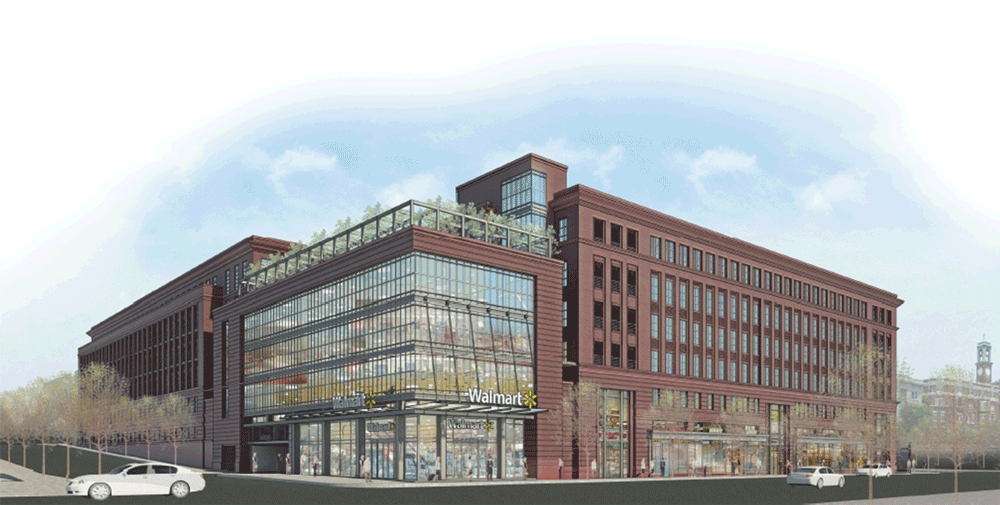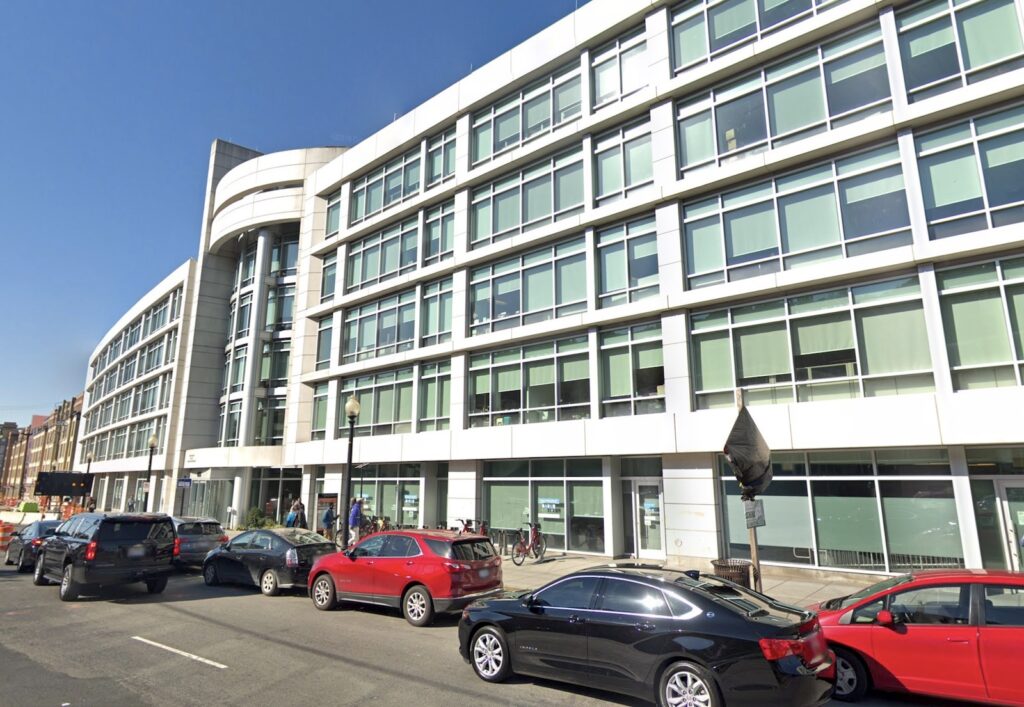As Walmart prepares to open six stores in the District by 2015, city officials and nonprofits are seeking to ensure the retailer will pay living wages to local workers, though its unclear how much those wages should be.
While hourly pay rates for District Walmart employees have yet to be announced, a bill in front of the city council would require big-box stores to pay wages no lower than $11.75 per hour plus benefits. That may not be enough for Respect DC, a local grassroots group that is calling on the company to make a commitment to pay wages that are commensurate with the cost of living in the District.
“In my view there’s a difference between jobs and quality jobs,” DC Council Chairman Phil Mendelson said during a March 20 hearing on the bill, the Large Retailer Accountability Act of 2013. “And when we, as a government, seek to attract jobs, we should be seeking quality jobs – jobs that pay a living wage and that pay decent benefits.”
But $11.75 per hour, which is the average wage of Walmart employees, may be too little.
“Wal-Mart currently offers poverty wages, part time jobs and minimal, often not affordable, benefits,” said Michael Wilson, a spokesman for the group.
“[Walmart representatives] refused to sign an agreement, or even meet with us about it,” Wilson said. “We presented it to them at their federal lobbying offices in D.C. and got no official response.”
Walmart spokesman Steven Restivo, however, said that the company is committed to fighting poverty in the District and is working with community groups.
“We’ve participated in more than 200 community meetings and as we move forward, we will continue to have a conversation with the community,” Restivo said.
Walmart has the larger interests of its communities in mind, he added. “We’re proud of the contributions we make in communities…from creating jobs and generating tax revenue to helping customers save and contributing to local nonprofits.”
But even when those benefits are taken into account, Ed Lazere, executive director of the D.C. Fiscal Policy Institute, said he is not convinced Walmart will do more good than harm.
While Walmart’s cheap products may be of benefit to low-income consumers, the company’s low wages will be inadequate to support District residents.
“Walmart will bring access to low-cost basic needs to many communities that need it,” he said. “But Walmart also will create hundreds or thousands of jobs that will leave many residents in poverty without meaningful career ladders.”
A study by the Center for Labor Research and Education at the University of California, Berkeley found that Walmart’s average hourly wage for full-time associates was $11.75, but that many employees earned wages far below the average rate.
According to the 2011 report, approximately 145,000 full-time employees earned less than $9 an hour and roughly 385,000 full-time employees earned an average of $10.53 an hour.
Such wages would fall short of what is necessary to pay for housing in the city, according to an Out of Reach 2013 report developed by the National Low Income Housing Coalition. The nonprofit coalition estimated that an individual living in D.C. must earn $56,472 to afford the market rate of a two-bedroom apartment. That equates to $27.15 per hour, more than double the average for Walmart employees and the amount called for in Mendelson’s bill.
Meanwhile, Restivo pointed to financial contributions from Walmart to District nonprofits as part of the company’s commitment to the community and a solution to local poverty. In the past three years, the company has donated more than $2 million to local groups fighting hunger and other social problems.
“We’re finding that the more people learn facts about us, the more they see the value in bringing a Walmart store to their community,” said Restivo.
Among its contributions to other organizations, the Walmart Foundation has donated $315,000 since 2009 to the DC Central Kitchen, a group that battles the interconnected problems of poverty, hunger and homelessness.
DCCK CEO Michael Curtin said Walmart has been a partner and investor in his organization for many years. He says Walmart’s work goes beyond a mere financial contribution.
“While they have focused much of their philanthropy on our Culinary Job Training Program, they have also been active volunteers helping prepare our 5,000 daily meals and have supported many of the kitchen’s other community events,” Curtin said.








